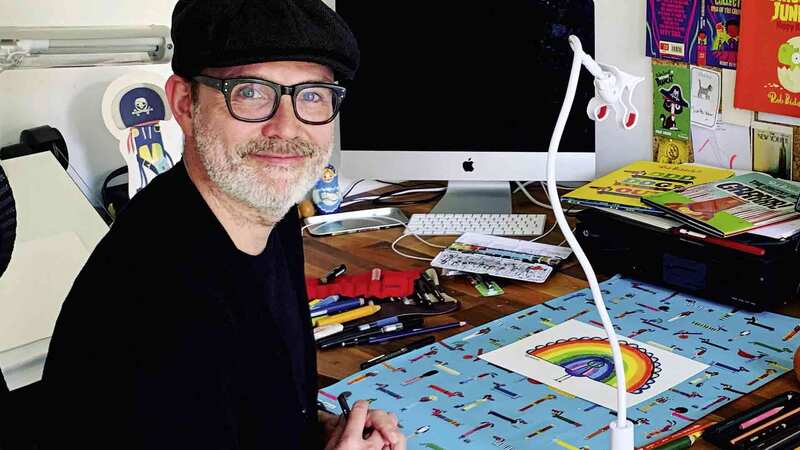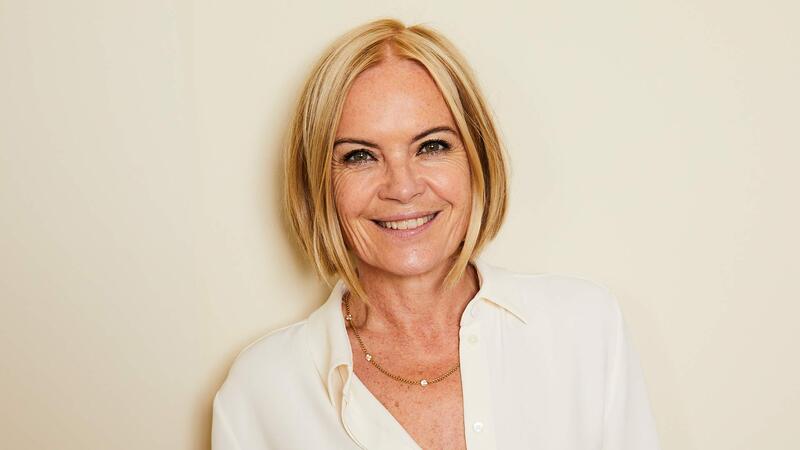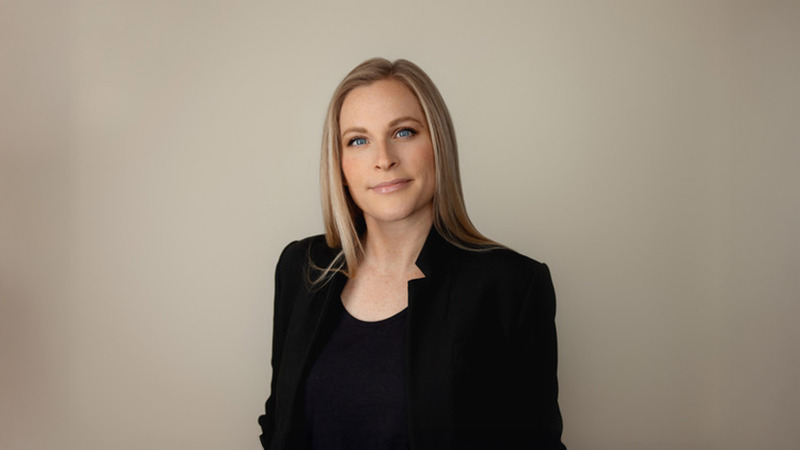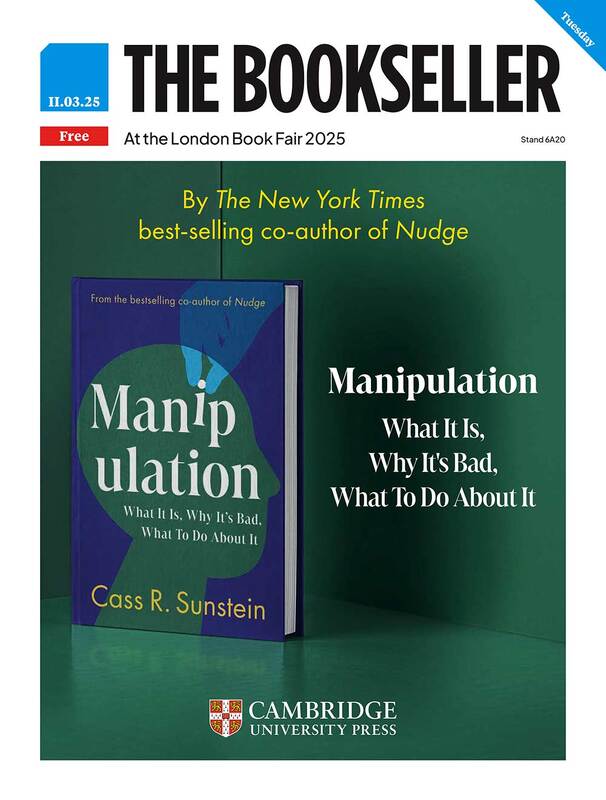You are viewing your 1 free article this month. Login to read more articles.
Publishers urge Man Booker Prize to rescind rule change
Publishers have signed a letter urging the Man Booker Prize organisers to reverse their decision to allow US authors to enter, citing concerns it is creating a "homogenised literary future". The letter was instigated by John Murray publisher Mark Richards and had garnered signatures from around 30 editors by the time The Bookseller went to press on Wednesday (31st January).
It argues that the rule change, which came into effect in 2014, had lessened the diversity of the prize and led to the domination of American authors. "The rule change, which presumably had the intention of making the prize more global, has in fact made it less so, by allowing the dominance of Anglo-American writers at the expense of others; and risks turning the prize, which was once a brilliant mechanism for bringing the world’s English-language writers to the attention of the world’s biggest English- language market, into one that is no longer serving the readers in that market . . . [it] will therefore be increasingly ignored," it reads.
The letter argues that broadening the criteria had lessened the impact on US sales of the prize-winners. Nielsen BookScan US data shows that in the week of the past three Man Booker Prize announcements, the winners had triple-digit percentage sales rises: George Saunders’ Lincoln in the Bardo was up 435% to 4,536 copies sold, Paul Beatty’s The Sellout soared 1,432% to 8,380 units, and Marlon James’ A Brief History of Seven Killings jumped 507% to 4,192 sales. But in the year of winning the prize, the data also shows that the sales bump in the US has flattened. Just 48% of sales of Lincoln in the Bardo were generated after it won the Man Booker, compared with The Luminaries which saw its sales increase 12-times from 4,553 to 56,393.
The letter also raises questions over the diversity of the prize going forward. "The diversity of the prize has been significantly reduced. This year’s shortlist consisted of three Americans, two Brits and one British-Pakistani, as opposed to 2013’s shortlist, which consisted of a New Zealander, a Zimbabwean, an Irishman, an American-Canadian, a Brit and a British-American. In a globalised but economically unequal world, it is more important than ever that we hear voices not from the centres. The rule change has made this much less likely to happen."
The rule change "isn’t even popular in America", the document goes on to argue. Referencing a Washington Post article by book critic Ron Charles, the letter asserts that doubt has been cast on the inclusion of US writers by those in the US. Charles’ piece read: "For any serious reader of fiction in this country, the Americanisation of the Booker Prize is a lost opportunity to learn about great books that haven’t already been widely heralded." The argument concludes by expressing gratitude to the Man Group for its support of the prize, adding that "as concerned friends, and as publishers who worry about a homogenised literary future, we urge you to reconsider your decision".
In response, the Man Booker Prize Foundation said that while it was yet to officially receive the letter, it had seen a draft, and welcomed debate about the prize. However, it argued it was “inaccurate” to suggest the rule had been brought in in 2014 “specifically to include American writers”, arguing instead that the aim was to allow writers “of any nationality, regardless of geography, to enter the prize providing that they are writing in English and published in the UK”.
The Foundation also refuted the suggestion the diversity of the prize had been “significantly reduced” in the four years since the rule change.
“The 2014, 2015 and 2016 shortlists all included four (of six) non-US writers, and the 2014 and 2015 prizes were won by an Australian and Jamaican author respectively,” the Foundation’s statement said. “Moreover, clear trends cannot be drawn from a mere four years of data.The judges of the Man Booker Prize for Fiction are charged with finding the best novel of the year, in their opinion, written in English. The trustees believe that this mission cannot be constrained or compromised by national boundaries.”
The Foundation also pointed to comments made by Baroness Lola Young, chair of last year’s judging panel, who said on the night American George Saunders was crowned as the winner that writers “defy categorisation on the basis of nationality or ethnicity”.
Richards told The Bookseller he hoped the letter would start a "constructive discussion with the trustees of the Booker Foundation". Among its signatories is Picador publisher Paul Baggaley, who said the rule change had been a "mistake" but "not an irreversible one". He added: "At Pan Macmillan, we all feel that something special about the prize has been lost. The opportunities it has given authors over the years have been diminished, and that affects all publishers."
Profile Books m.d. Andrew Franklin, said he "strongly supported" the letter.
Juliet Mabey, publisher at Oneworld, UK publisher of the first US winner (The Sellout) said she had not signed the letter, but could see "both sides" of the argument. "On the one hand, I think the sentiment behind expanding the Man Booker Prize to include all English-language writing is an acknowledgement that a pre-eminent English-language prize must judge its entries against the best writing in English, period. That is clearly a compelling argument," she said. "On the other hand, there is a concern that given the size of the publishing industry in the US, writers from the UK and the Commonwealth will inevitably be overshadowed to a degree. I think the change in rules is a positive one for the prize itself, but perhaps not good news for [the UK’s] indigenous and the Commonwealth literary scene."
The merits of the rule change have been hotly debated since it was introduced, with Sunday Times literary editor Andrew Holgate labelling it "disastrous" for the health of the prize, while author Julian Barnes, winner of the award in 2011, has branded it "straightforwardly daft". Former Man Booker judge Alastair Niven though argued that when Americans were first allowed to submit to the prize in 2014 when he was a judge, “all the panel felt this had brought wonderful new energy to it”, while Janan Ganesh in the Financial Times said that the judges should “persist with their passport blindness”.
“Awards make sense when they are either exclusively national or (much better) borderless free-for-alls,” he wrote last October. “The pre-2014 Booker, with its random carve-outs for much (but not all) of the old British empire, like some Victorian consul’s doodlings on a pink atlas, was too capricious to last. It is a much grander institution for its global reach: perhaps the most visible book-specific award in the world.”
Last month, the Man Booker Prize extended its criteria again to allow Irish-based publishers to enter books for consideration.















